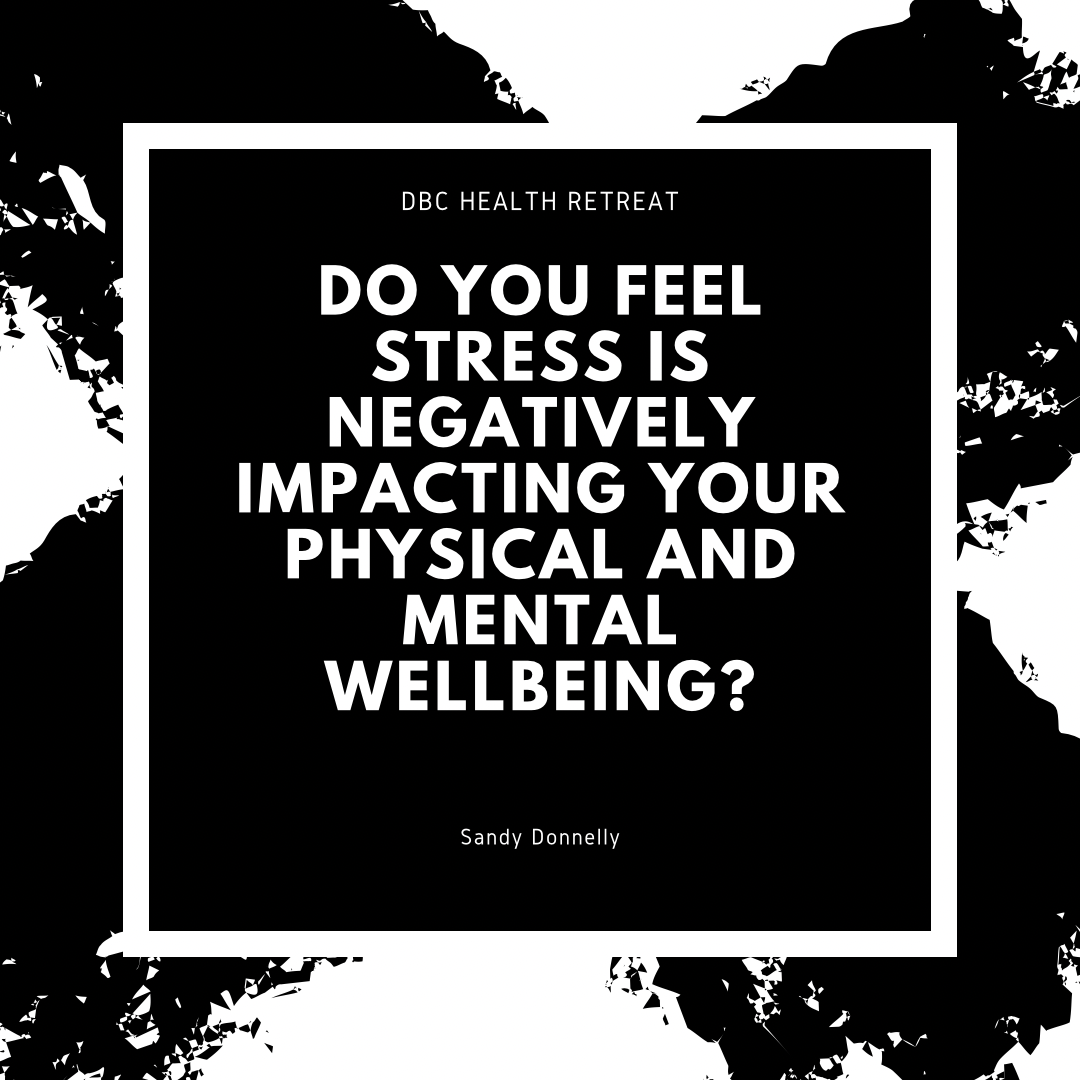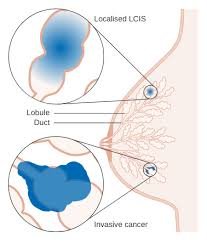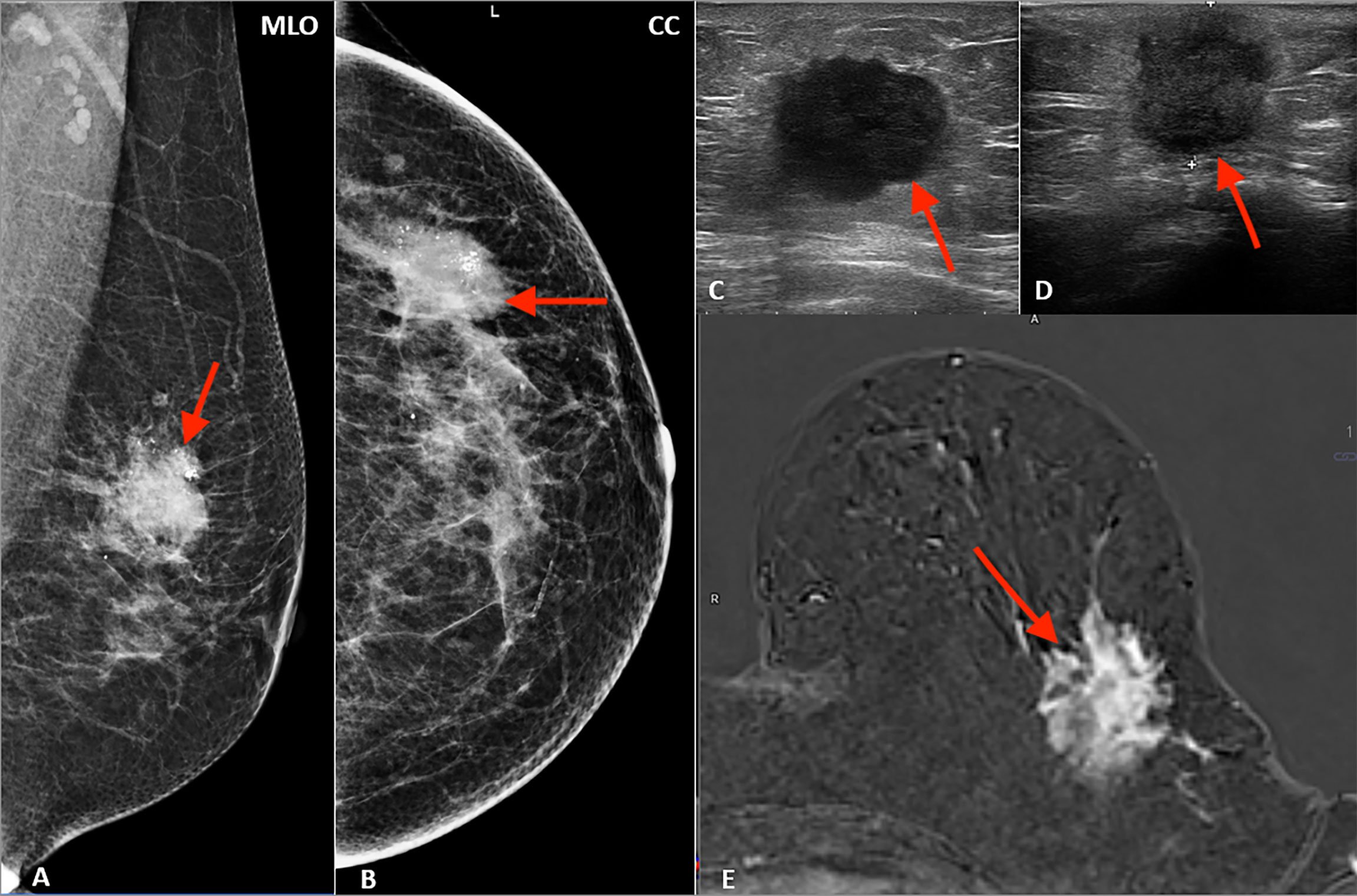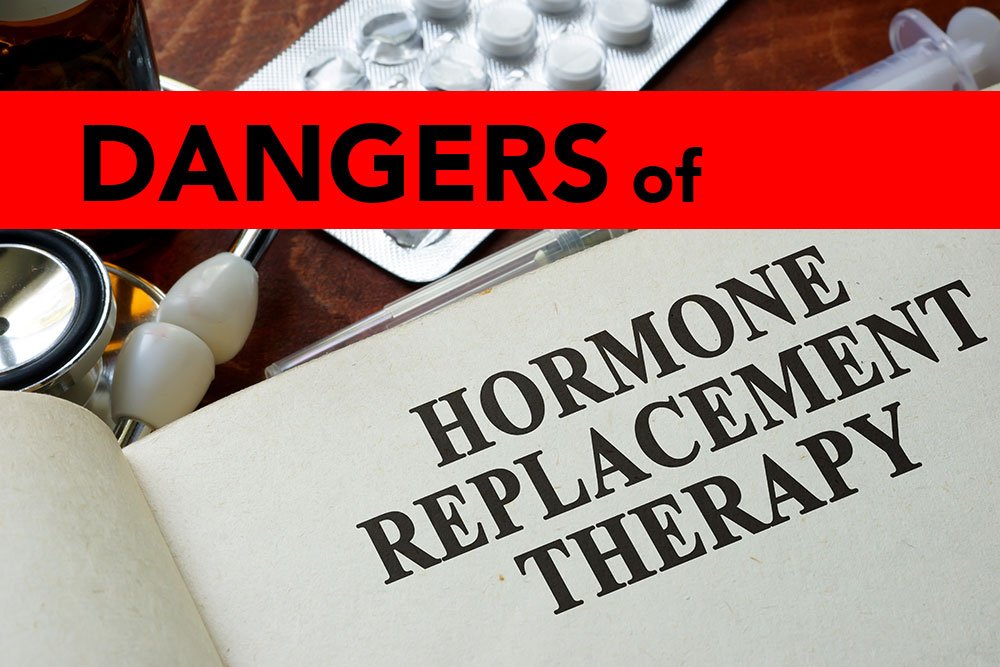I developed DBC Health Retreats 13 years ago, and it changed my life! It opened me up to new ways of living, starting from a place of wellness & empowerment.
I love retreats, mainly for the self-development aspect – you get to spend focused time on you. Helping my guests regain balance and get on track. Find out what’s working, what’s not. A retreat is the perfect environment for that.
On retreat, you experience little shifts & a whole lot of relaxation. When you’re relaxed, that’s when inspiration can most easily get through to you. You know – that lovely feeling of connection, knowing and gentle pulling towards something that will improve your overall wellbeing.
There are a variety of retreats to choose from, depending on your needs!
Health Detox Cleanse
Pilates/Yoga
Healing
Self Love
Meditation
Self Development
So, are you wondering if a retreat can help you right now? Let’s see how many of these you say ‘yes’ to…
6 Signs you need a Retreat
Constantly feel tired.
Regularly experience Anxiety
Bored, fed up of life/work
Dream of a better life, job, lifestyle
Burn out, lacking energy, motivation
Feel disconnected




































